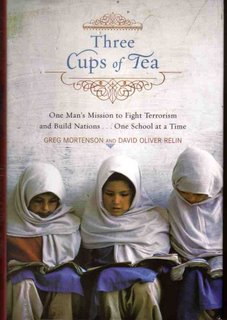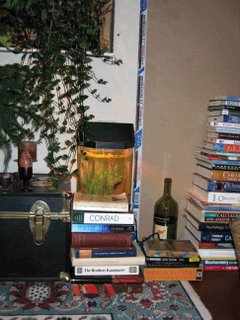
I 'needed' to make my Amazon purchase $25 so that I could get free shipping - I stumbled across Ravi Zacharias' new book, 'The Grand Weaver' and wondered at the orchestration of it all. I have recently gone through the first interview with AIM for a short-term mission position this summer. Amongst the questions were several which touched on God's use of the bad things that have happened in my life. I haven't doubted that the pain in my past has been and will be used for 'good' in God's grand scheme of things. What I have doubted was God's planning in the process when I made decisions that were dreadfully wrong and contrary to anything He could possibly have willed for my life - am I to believe that He 'planned' that as well. I know that he knew those would be the choices that I would make, but I cannot fathom that He would will them. I'm reading this book with these questions in mind. If my mistakes were God's plan I do not understand my own free will at all. If we have the free will to reject Christ I would think that we also have the free will to periodically actually botch things up. It is God's plan and goodness that bring good from our botches and in that He is more good and powerful than we are - but we still have the 'right' to screw up.
The hard times in my life have been more than growing pains or the bumps and bruises associated with learning to stand and walk alone - they were heart and soul damaging and it ultimately was only God that could heal me. Does God plan for us to hurt (ourselves) so deeply that He knows that He is only one who will be able to heal us? I suppose it was the same love that turned from Christ on the cross, knowing that the good would far exceed the suffering. But how different this God is than the God of the Old Testament - the blood shed; the broken, bitter relationships; the impersonal nature of a tribal God.
Perhaps it is not a plan of God for us to hurt ourselves, perhaps it is that in walking away from Him - the damage is inevitable. This is known with the fact that there is no guarantee of a pain-free life in the shadow of Him either - there is only a guarantee that He is still there and He loves and desires for us to be molded and formed into the masterpiece that He ultimately planned for us to be.


















